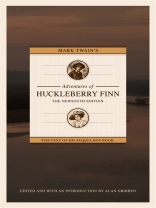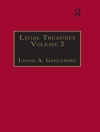In a radical departure from standard editions, Mark Twain’s most famous novel is published here with one disturbing racial label translated as “slave.” In seeking to record accurately the speech of uneducated boys and adults along the Mississippi River in the 1840s, Twain casually included an epithet that is diminishing the potential audience for his masterpiece. While dozens of other editions preserve the inflammatory slur that the author employed for the sake of realism, the New South Edition proves that the main point of Twain’s masterpiece—the immense harm deriving from inhumane social conformity—comes through just as vibrantly without obliging readers to confront hundreds of insulting racial pejoratives. The editor’s Introduction supplies the historical and literary context for Twain’s groundbreaking book, along with a helpful guide to his satirical targets.
About the author
Fifty years of research and travel resulted in ALAN GRIBBEN’s two-volume Mark Twain’s Literary Resources: A Reconstruction of His Library and Reading. Gribben was the editor of the Mark Twain Journal: The Author and His Era and for fifteen years he reviewed books and articles about Mark Twain for American Literary Scholarship, An Annual. His New South editions of The Adventures of Tom Sawyer and Adventures of Huckleberry Finn offered altered versions of the texts, which omitted racial slurs. He also coedited Mark Twain on the Move: A Travel Reader. Gribben’s Harry Huntt Ransom: Intellect in Motion was the first biography about the eminent library founder at the University of Texas at Austin. Forty-five years as an English professor concluded with Gribben’s retirement from the classroom in 2019.












